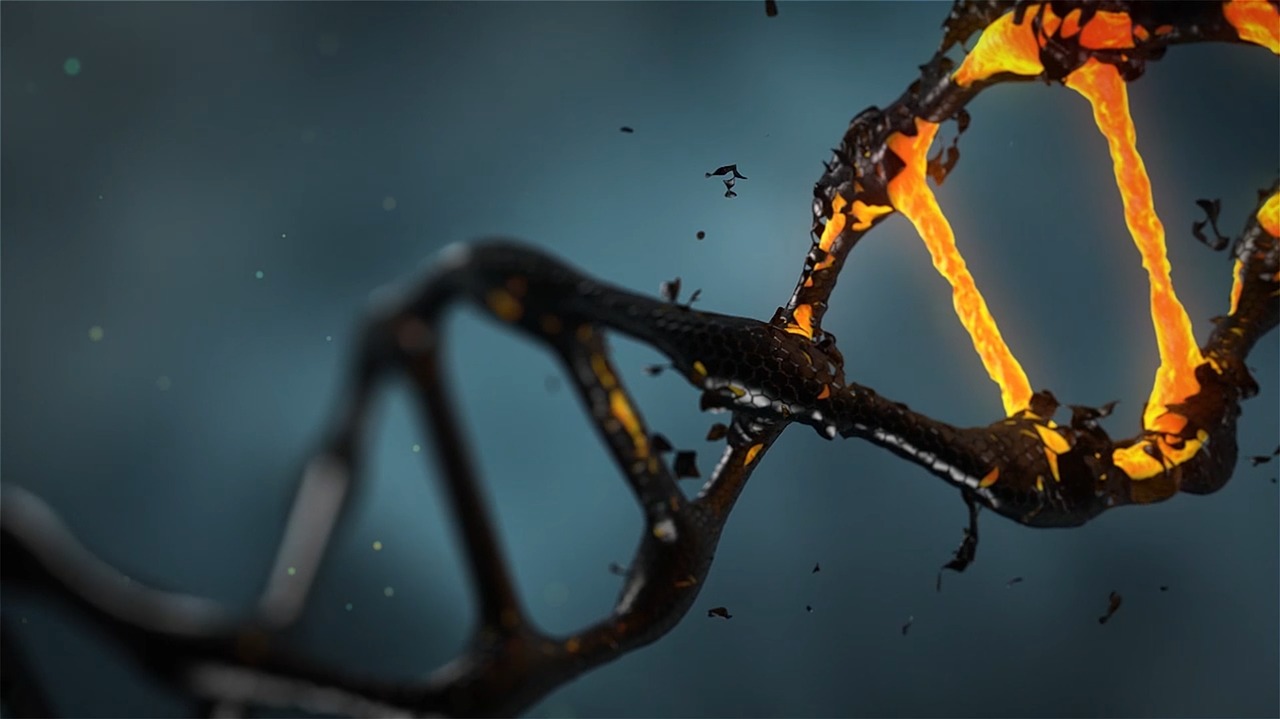Human Genome Editing: Who Gets to Decide?
By Dietram A. Scheufele and David Beier,
Scientific American
| 05. 18. 2017
A report from the National Academies says scientists alone can't make the call—they must engage with the broader public
Meaningful public debate seems almost impossible in an era of political bubbles isolating us one from another and facts becoming a matter of opinion. Unfortunately, our political culture is crumbling just as rapid scientific breakthroughs confront us with some of the most serious moral, ethical and policy questions of our age.
And there is a real urgency. Scientific breakthroughs surrounding human gene editing, for instance, have moved medical treatments that seemed science fiction just a few years ago within scientists’ reach. Today, tools like CRISPR/Cas9 allow making modifications to the human genome in ways that are more efficient and safer than ever before. And the science emerges rapidly, constantly offering new venues for treating what used to be incurable diseases.
The idea of editing the human genome raises questions that science alone cannot answer. What are the ethical and moral boundaries of the human race editing its own genome? Who will have access to many of the potentially expensive medical treatments...
Related Articles
By Kiana Jackson and Shannon Stubblefield, New Disabled South | 02.09.2026
"MC0_8230" via Wikimedia Commons licensed under CC by 2.0
This report documents a deliberate assault on disabled people in the United States. Not an accident. Not a series of bureaucratic missteps. An assault that has been coordinated across agencies...
By Scott Solomon, The MIT Press Reader | 02.12.2026
Chris Mason is a man in a hurry.
“Sometimes walking from the subway to the lab takes too long, so I’ll start running,” he told me over breakfast at a bistro near his home in Brooklyn on a crisp...
By Jonathan D. Moreno, Hastings Center Bioethics Forum | 02.09.2026
When I began to write a book about bioethics and the rules-based international order, the idea that the world was facing the greatest geopolitical change since World War II was uncontroversial for those who were paying attention to such esoterica...
By Katrina Miller, The New York TImes | 02.05.2026
Joseph Yracheta: The Native Biodata Consortium is the first nonprofit data and sample repository within the geographic bounds and legal jurisdiction of an American Indian nation, on the Cheyenne River Sioux Reservation in Eagle Butte, S.D.
NativeBio participated in a ...




